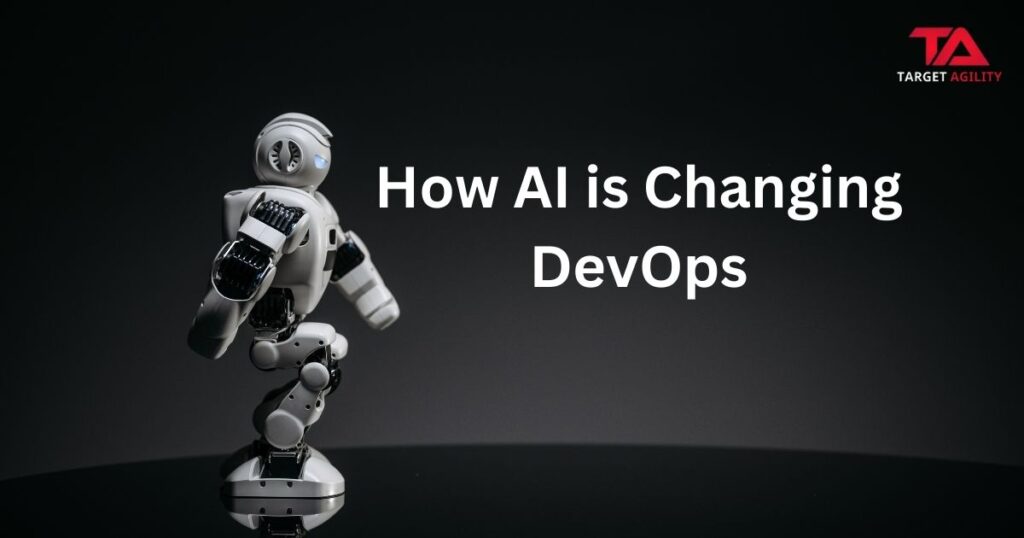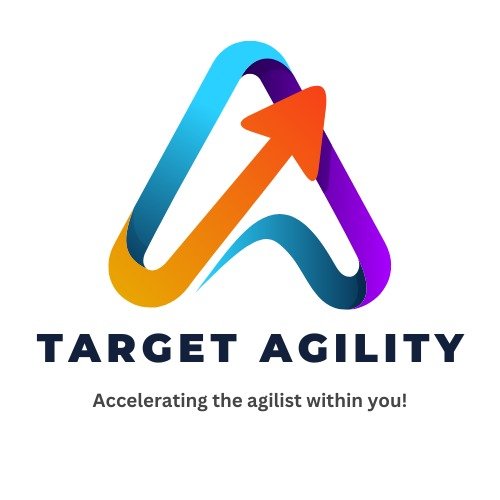How AI is Changing DevOps: A Simple Guide

Artificial Intelligence (AI) is making big changes in many areas, including software development, where it’s transforming DevOps. DevOps combines development and operations to make software delivery and infrastructure management smoother. AI is helping DevOps teams by making processes smarter, predicting problems, and improving decision-making. Here’s a look at how AI is reshaping DevOps and the future of software development. 1. Boosting Automation Automation is a key part of DevOps, and AI makes it even better. While traditional automation tools follow set rules, AI can learn from data and adapt its actions. For example, AI can automate routine tasks like deploying code, setting up infrastructure, and configuring environments more accurately. By analyzing past data, AI can suggest the best setups and handle complex tasks that were once manual, reducing human error and increasing efficiency. 2. Predicting and Preventing Problems AI’s ability to predict and prevent issues is one of its biggest benefits in DevOps. AI can look at data from system logs, performance metrics, and user feedback to find patterns and spot potential problems before they happen. This allows teams to fix issues before they affect users, reducing downtime and making systems more reliable. 3. Smarter Monitoring and Analytics AI improves monitoring and analytics by giving deeper insights into how systems are performing. Traditional tools can generate a lot of data that’s hard to interpret. AI-powered tools can sift through this data, spot trends, and provide useful insights in real time. For example, AI can identify unusual behavior or performance drops that might be missed by traditional tools and suggest fixes. 4. Faster Incident Management AI helps manage incidents more effectively by quickly identifying and resolving issues. When a problem occurs, AI can analyze the data to find the root cause faster than manual methods. It can also automate the solution process, which speeds up resolution, reduces impact on users, and allows DevOps teams to focus on other important tasks. 5. Better Resource Management AI also improves resource management by optimizing how resources are allocated and scaled. It can analyze usage patterns and predict future needs, adjusting resources in real time based on current demands. This helps ensure that applications have the resources they need while avoiding excess costs and making cloud infrastructure more efficient. 6. Stronger Security Security is crucial in DevOps, and AI enhances it by spotting vulnerabilities and threats more effectively. AI security tools analyze network traffic, user behavior, and system access to detect suspicious activities. By constantly learning about new threats, AI provides better security measures and helps DevOps teams respond quickly to potential dangers. Conclusion AI is transforming DevOps by improving automation, predicting and preventing problems, enhancing monitoring, optimizing resources, and boosting security. As AI technology advances, it will continue to drive improvements in efficiency and performance in DevOps. By using AI, DevOps teams can streamline their work, reduce risks, and deliver software faster, leading to a more agile and effective development process. AI is a key player in the future of DevOps, making it smarter and more efficient.

